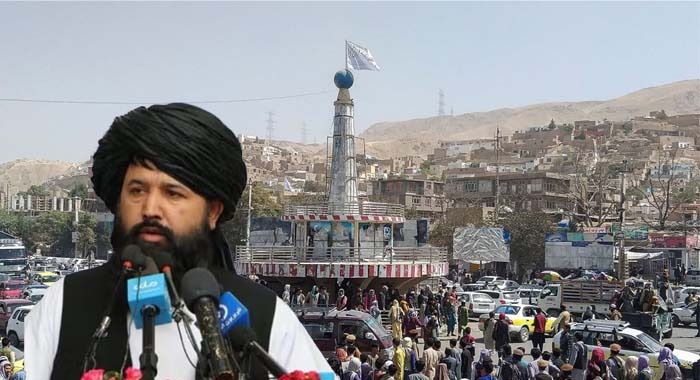Afghanistan’s acting Minister of Higher Education, Neda Mohammad Nadeem, recently declared that the country’s higher education curriculum has been revised to align with “Islamic and Afghan culture.” During his visit to Helmand province, he claimed that the new academic framework was supported by religious scholars and university professors, adding that the ministry would continue to meet its “scientific responsibilities.”
State-run television, tightly controlled by the Taliban, portrayed the announcement as a milestone in the regime’s supposed educational reform. Yet the claim rings hollow against the grim reality that Afghan girls remain banned from secondary schools and universities, and female teachers are barred from classrooms. Taliban spokesman Zabihullah Mujahid has already admitted that the group cannot say when girls’ education might resume, a confession that underlines the political nature of the restriction, not a religious one.
Earlier this month, the Taliban banned nearly 700 academic books and materials from public and private universities, branding them “inconsistent with Islamic values and national culture.” The purge forms part of a wider campaign to impose ideological conformity under the pretext of cultural preservation. Since seizing power in August 2021, the Taliban have imposed sweeping curbs on women’s rights, sparking international condemnation and domestic discontent.
The Taliban Speak for Themselves, Not for Islam or Afghanistan
But the Taliban’s understanding of “Islamic and Afghan culture” represents neither Islam nor Afghanistan. The group’s roots lie in the Deobandi school of thought, one interpretation among many in the Islamic tradition. Afghanistan, by contrast, has always been a land of plural faith expressions, Sunni and Shia, Pashtun and Tajik, Hazara and Uzbek, bound by a shared history of learning and tolerance. No single clerical ideology can credibly define such diversity.
Even within Islam, the Taliban’s restrictions defy core principles. The Prophet of Islam urged the pursuit of knowledge as an obligation for both men and women. Afghan society has historically upheld that command. From Kabul’s universities to schools in Nangarhar and Badakhshan, generations of Afghans, women and men alike, have treated education as a birthright. The Taliban’s attempt to deny that right, even in the name of religion, is therefore an affront both to Islam and to Afghan identity.
Contrary to the Taliban’s claim of “cultural alignment,” Afghan culture has never revolved around isolation or suppression. The Afghan people, known for their hospitality, courage, and love of learning, have resisted every attempt to dictate their way of life. Today, resistance against Taliban rule is once again growing, not only through armed opposition but also through quiet defiance in homes, classrooms, and communities.
If the Taliban truly respected Afghan culture, they would accept inclusivity and representation, the foundations of stability in every society. Yet they resist both, fearing that a truly representative government would expose the narrowness of their ideology.
Their version of education is not reform; it is restriction. Their “curriculum” does not reflect Islam or Afghanistan; it reflects fear, fear of women, of knowledge, of ideas, and of the very diversity that defines the Afghan nation.
For all their decrees and bans, the Taliban cannot monopolise faith or culture. They may rewrite syllabi, but they cannot rewrite Afghanistan.





